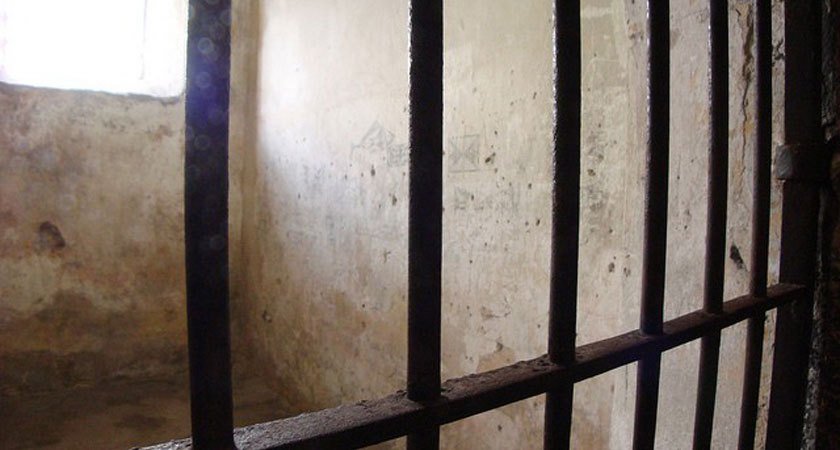
General update
On 4th April 2024, in the Amhara region, Ethiopian military forces are alleged to have summarily executed civilians during clashes with the Fano militia. According to interviews Human Rights Watch conducted with 20 victims and eyewitnesses, alongside video and satellite evidence, local residents estimated over 80 casualties and identified 40 victims, some of whom were buried in mass graves. Reports also detailed incidents of looting and vehicle arson by soldiers. The Ethiopian Human Rights Commission (EHRC) issued a preliminary report, confirming that government security forces extrajudicially executed at least 45 civilians on allegations of supporting Fano.
On 8th April 2024, DefendDefenders and CIVICUS submitted a joint report examining Ethiopia's compliance with international human rights obligations to ensure a safe environment for civil society, human rights defenders (HRDs) and journalists. This was in the framework of the UN Human Rights Council’s Universal Periodic Review (UPR), a periodic review of each UN member state’s human rights record. The report analyses Ethiopia's compliance with its obligations regarding freedoms of association, expression, and peaceful assembly, as well as the harassment and attacks against activists, HRDs and journalists since the country’s last UPR examination, in 2019. It also assesses the implementation of recommendations from the 3rd UPR cycle and provides follow-up recommendations.
On 17th April 2024, the Council of Ministers approved the draft Transitional Justice Policy. The policy addresses human rights violations and conflicts in Ethiopia, aiming for a more inclusive and humanitarian approach based on mercy, justice and transparency. The Ministry of Justice submitted the draft after public consultations with political parties, civil society, victim group and officials. Experts, however, caution against over-optimism and question the government's commitment to genuine accountability. The transitional justice process has been cricitised for its flaws, which could imperil genuine justice and reconciliation.
On 9th May 2024, the Centre for Information Resilience (CIR) documented widespread technology-facilitated gender-based violence (GBV) against Ethiopian women in public discourse. The research showed that over 78% of women reported experiencing anxiety due to online abuse, damaged reputations, psychological issues, and offline violence.
On 17th May 2024, the U.S. Ambassador in Addis Ababa made a speech titled "Policy Speech on Human Rights and Dialogue." In his speech, Ambassador Massinga urged the Ethiopian government to adopt peaceful resolutions for political issues, release key political figures, and stop detaining and harassing critics. He called on the Oromo Liberation Army (OLA) and the Fano militia to join national dialogue and transitional justice processes. He emphasised a nationwide ceasefire to ensure humanitarian access and promote peace. In response, the Ethiopian Ministry criticised his speech, described it as containing ‘‘ill-advised, uninformed’’ assertions and ‘‘unsolicited advice’’ on Ethiopia's governance.
On 29th May 2024, the Ethiopian Human Rights Commission (EHRC) highlighted grave human rights concerns. In its latest report, EHRC documented human rights violations and abuses occurring outside and in relation to armed conflicts in several of the country’s regions. Through its monitoring and investigations, EHRC recorded extrajudicial killings, physical injuries, property destruction, arbitrary detentions, enforced disappearances and internal displacement. Additionally, the report detailed civilian deaths from airstrikes and armed group attacks in regions including Oromia, Sidama, and Southern Ethiopia.
Bate Urgessa ,41, Ethiopian opposition OLF—Oromo Opposition Front— figure shot dead and dumped by road in the troubled Oromia region. In recent years Ethiopia has seen an increase in the killing of political and cultural figures. https://t.co/w93vI2Upp9 pic.twitter.com/qUabvLQk3Y
— Timothy Karera (@Tkarera) April 11, 2024
Association
In February 2024, security forces arrested Bate Urgessa, a vocal government critic and senior official of the Oromo Liberation Front (OLF) - one of the biggest political parties in Ethiopia, while he was being interviewed by French journalist Antoine Galindo. He was later released on bail, but in an unfortunate turn of events, just weeks after his release, in early April 2024, unidentified individuals fatally shot and killed Urgessa, dumping his body by the roadside. Family members, speaking to the local news, reported that individuals resembling government security forces took him from his hotel room. Prior to this, Urgessa had been jailed on several occasions. The Oromia regional government denied any involvement of security forces in the incident. Journalist Galindo on the other hand, was detained for several days after his February 2024 interview with Urgessa before being expelled from the country.
Expression
On 13th February 2024, authorities in Ethiopia’s Somali Regional State arrested journalist Muhiyadin Mohamed Abdullahi over his social media posts about traffic disruptions during Prime Minister Abiy Ahmed's visit. On 13th March 2024, he was charged with "spreading false news and hate speech." On 28th March, a panel of three judges granted Muhiyadin bail of 30,000 Ethiopian birr (US$523); however, the police refused to release him. Prior to this, Muhiyadin had reported threats against him for his critical coverage and faced a three-day detention in 2023 for posting about media suspensions.
On 30th May 2024, Ethio-251, an Ethiopian YouTube-based channel, reported that the Abiy Ahmed government had consistently targeted them with threats because they support the Amhara resistance, report on war-related matters, expose government crimes, and sympathise with Fano, whom the group referred to as the ‘‘defenders of the Amhara people.’’ Over the past six months, authorities have forced the channel to shut down 46 times and issued threats. Reuters, an international media agency, claimed that the Oromia Regional Government had formed a secret committee, "Koree Nageenyaa," responsible for extrajudicial killings and unlawful arrests of the Amhara opposition and diaspora figures.